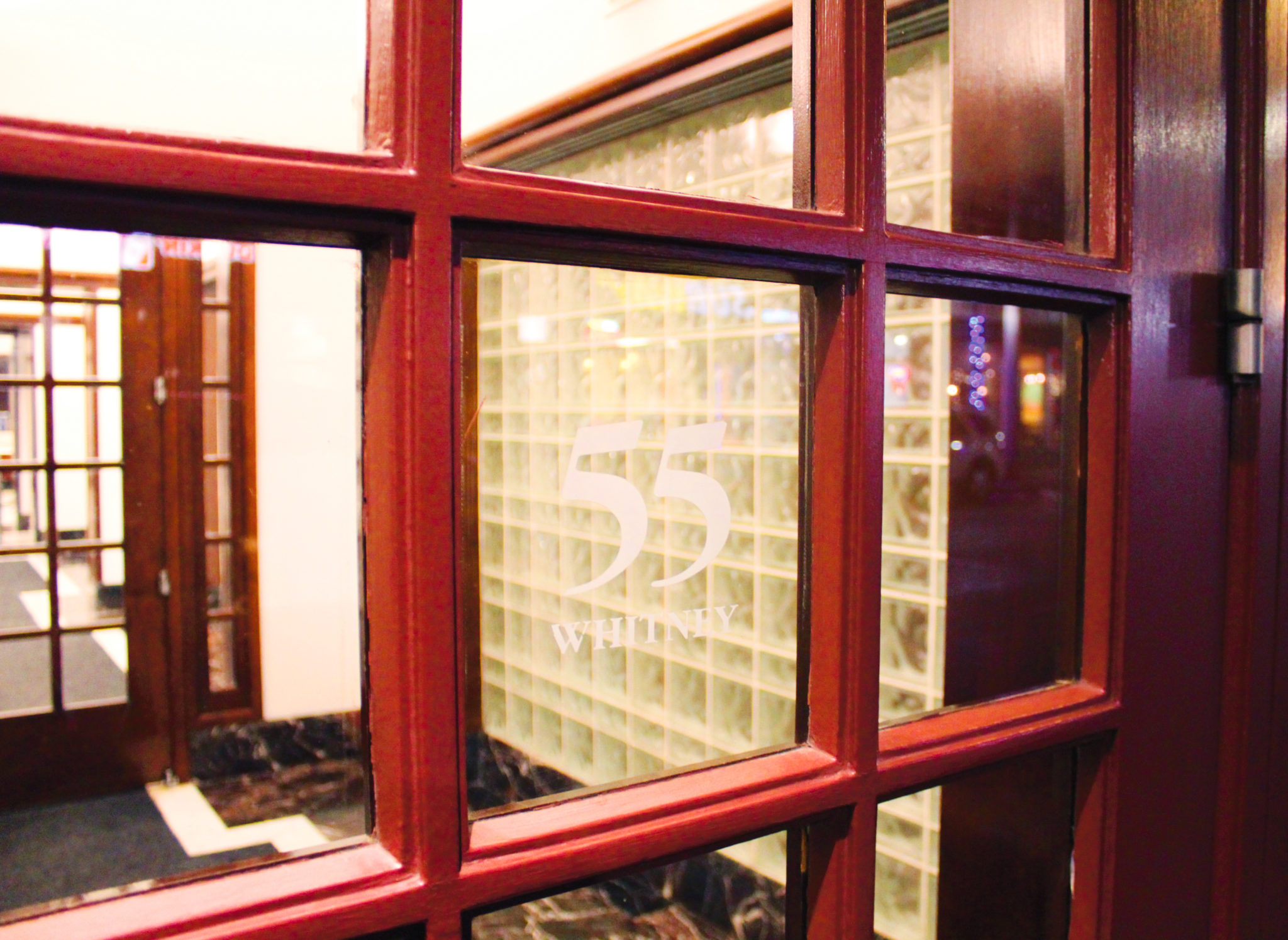
The University received a record number of complaints of sexual misconduct between Jan. 1 and June 30 this year, according to a report from the Office of the Provost released Wednesday.
During the six-month period, students submitted 169 complaints to the University’s Title IX office, an increase of seven complaints from last fall’s record number. The number of complaints has more than doubled since spring 2017, when there were 82 reported sexual misconduct cases.
“We are hopeful that the increase in complaints reported to the University is an indication that our community is more aware of and more frequently accessing our resources,” University Title IX Coordinator and Deputy Provost Stephanie Spangler said in an email to the News. “The new online training that we launched last year, the additional in-person workshops for Yale College juniors and seniors, and many other optional trainings have continued to increase community awareness.”
Published semiannually by the Office of the Provost since January 2012, the report includes statistical and descriptive summaries of the complaints. Complaints are classified by complainant and respondent affiliation, gender and the avenue through which the complaint was addressed. Spangler noted in a campuswide email that the results of the Association of American Universities Campus Sexual Climate Survey, in which the University participated last semester, will be shared later this fall.
Of the 169 complaints during the Jan. 1 to July 30 period, 52 percent were reported as sexual harassment, 22 percent as sexual assault, 8 percent as stalking, 4 percent as intimate partner violence and 14 percent as other. Ninety-five out of 169 complaints were filed by Yale College students, while graduate and professional students were listed as complainants in 40 cases. Female students submitted 114 complaints, while male students lodged 21 and students of “other gender identity” or unknown gender issued the final 34.
According to the report, only seven complaints were brought before the University-Wide Committee on Sexual Misconduct last semester, while the University’s Title IX coordinators reviewed 146, and the Yale Police Department addressed 16 of the complaints. Of the remaining complaints, 19 were dropped by the complainant, and 34 were never pursued. Per the report published last March, four complaints were brought before the UWC, while the Title IX office addressed 89. Though the biennial reports show statistical and descriptive summaries of complaints — explaining the alleged wrongdoing and what Yale did to address the issue — the report does not give key details about complainants and respondents to protect their privacy.
In addition to the semiannual reports, Yale participates in the AAU Campus Sexual Climate Survey, an anonymous nationwide program, every four years to collect data on campus sexual misconduct. The results of the first survey in 2015 showed that 16.1 percent of Yalies had been victims of an attempted or completed act of sexual misconduct since arriving on campus. The survey also revealed that Yale students experience sexual harassment and assault at a rate higher than the national average and often face barriers to reporting. At the time, University President Peter Salovey called the results “extremely disturbing.”
In the introduction to Wednesday’s report, Spangler noted the discrepancy between the number of reported cases received by the University and the results of the 2015 survey.
“While we are hopeful that the continued increase in the number of complaints described in the semi-annual reports reflects increasing community awareness of University procedures and resources, we know from both national statistics and our own that many incidents of sexual misconduct are never reported,” Spangler wrote in the report’s introduction.
Still, Spangler added that she is hopeful that conversations about changes that can be made in the University’s procedures and resources will positively affect the overall campus climate. The introduction to the report states that she is “confident that the 2019 AAU Survey findings will provide additional opportunities for community conversation and action.”
The UWC was established in July 2011.
Jose Davila IV | jose.davilaiv@yale.edu
Audrey Steinkamp | audrey.steinkamp@yale.edu







